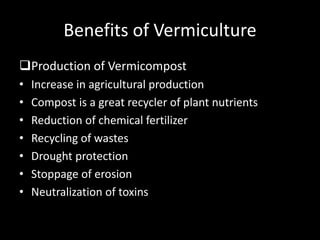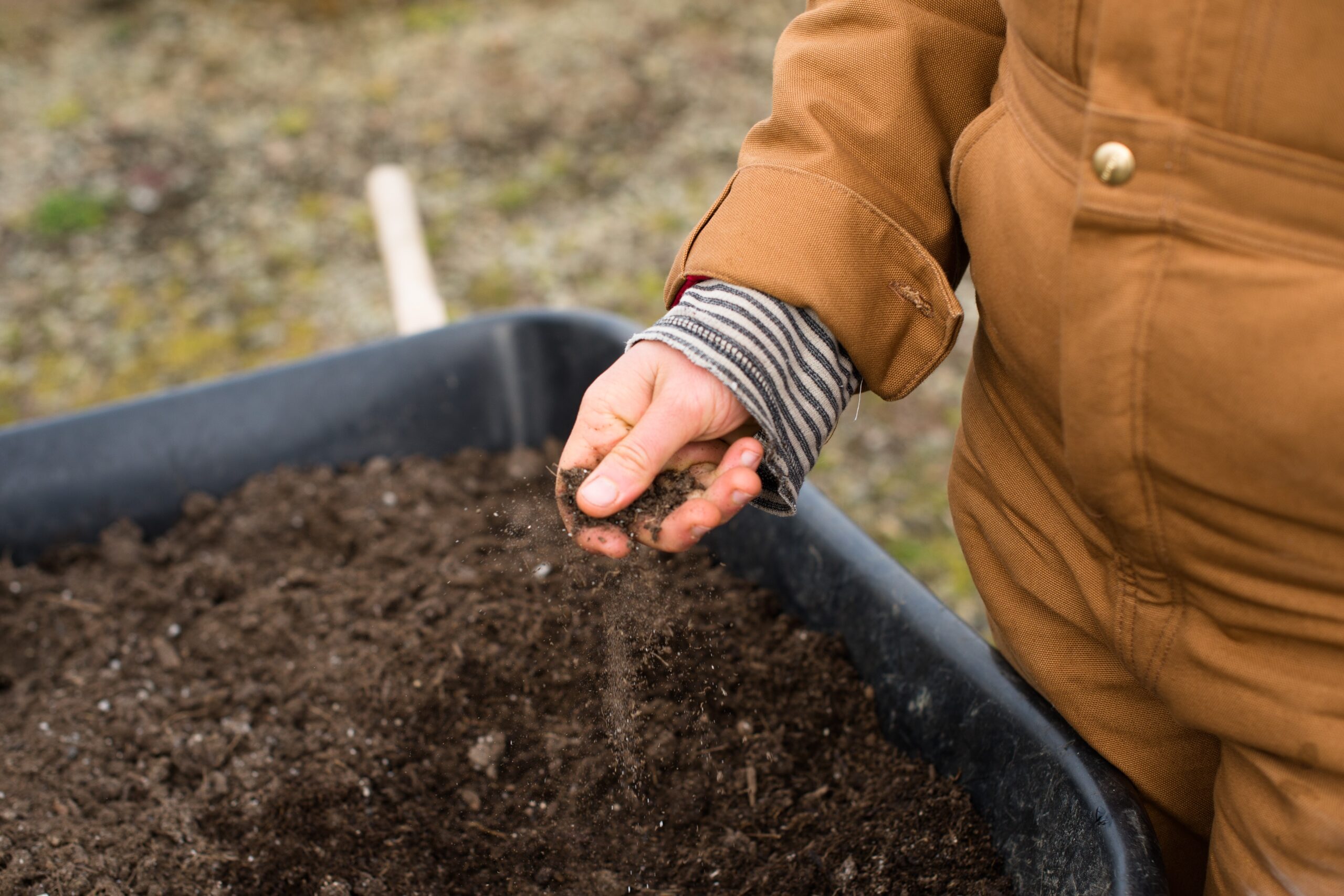More About Red Wiggler Express

Vermicomposting is a procedure in which earthworms are used to transform organic materials right into humus-like material called vermicompost. A variety of researchers throughout the world have actually located that the nutrient profile in vermicompost is normally greater than traditional compost. Vermicompost can boost soil fertility physically, chemically and naturally.
If you're at all in tune to the agricultural news of late, you're well conscious that soil health and wellness is in decrease all over the globe a concern that is having a tragic influence on our food systems. The solution to this global trouble? Worms.
It has been adapted for the internet. Some start vermicomposting as a hobby and range up, whereas others have the objective right from the beginning to produce a profit-making company. They might be farmers, community yard volunteers, business owners, landscaping companies, greenhouse cultivators, or personnel at facilities that create food waste. Some are retired people, and others work full-time.
How Red Wiggler Express can Save You Time, Stress, and Money.
Among the most typical factors for venturing into industrial vermicomposting is the desire to recycle natural waste right into products that boost soil and plant health and wellness. Dirt wellness has actually just recently ended up being an essential worldwide worry. The United Nations Food and Agriculture Organization stated 2015 the International Year of Soils to enhance recognition of dirt's duty in food security and healthy ecological community feature.

In the inside of a garbage dump, organic products damage down in an anaerobic atmosphere and release methane, a greenhouse gas that is 25 times more potent than co2 (Bait). A far better alternative to landfilling food waste and other organic materials is to vermicompost them. What was once taken into consideration waste can be changed into important items that nourish soils and plants
The Main Principles Of Red Wiggler Express
For the past 25 years in loads of papers, book chapters, and meetings, I have actually described the ended up product of vermicomposting as vermicompost. This term is often used to identify the blend of earthworm castings (feces) and leftover bed linens and feedstock (natural product) that is harvested from worm beds.
After significant thought, I made a decision to utilize the term vermicast throughout this book, for two important reasons. One is since lots of people utilize the terms compost and vermicompost mutually, not understanding that completion product of vermicomposting is qualitatively various from garden compost. I assume it would profit the vermicomposting market to distance itself from the term compost in referring to its products.
Composting is the controlled process of transforming natural products into an important soil modification under cardiovascular problems making use of naturally generated heat. In comparison, a vermicomposting heap or worm container must be kept so that it does not warm up. In a compost pile the kinds and quantities of types of bacteria transform when the pile gets to thermophilic temperatures of 106F (41C) or higher.
7 Simple Techniques For Red Wiggler Express
The lower line delineating the difference in between compost and vermicast, though, (https://gravatar.com/rebelgenuine4b96592f08) is that the last has actually passed via earthworms. Hence, vermicomposting is a lot more similar to livestock production than to composting; it needs pet husbandry skills to correctly care for the worms. A second reason to use the term vermicast is to avoid product labeling that can be perplexing to customers.
Worm casting is the final item of worm digestion and can be just recognized as worm manure. It is rich in natural matter and useful microorganisms that generate and help your yard.
Sustainable horticulture is practiced when no-cost or inexpensive modifications such as using worm spreading from vermicomposting is incorporated. Gathered raw material in vermicompost containers. Photo by Maggie Chen. Worms play this essential duty in the vermicomposting procedure and also in minimizing the effects of environment modification. Land fill gas (LFG) is sent out as an all-natural by-product of organic material disintegration, such as food waste decaying in landfills.
In the past 2 hundred years after the Industrial Revolution, methane concentrations within the environment have even more than doubled due in large component to anthropogenic human-related tasks (Red Wiggler). Around half of LFG launched from garbage dumps is carbon dioxide et cetera is a little portion of non-methane natural compounds. Methane is a potent greenhouse gas that continues to be in the ambience for a much shorter time in comparison to carbon dioxide yet both are released in the environment in big quantities from varying resources one of which is natural product decomposition from garbage dumps
Red Wiggler Express - An Overview

Is there a food waste or vermicomposting system on your regional campus? why not try this out It is seen that durable and impactful activities on a system broad range can start with a single small worm. Worms might be typically connected with this gory and scary period, however when considering the interconnected effect of the vermicomposting process (on boosting soil health and plant growth in your garden, alleviate environment change, and empowering trainees) give some recognition to the abundant benefits that worms offer.
Comments on “The Only Guide for Red Wiggler Express”